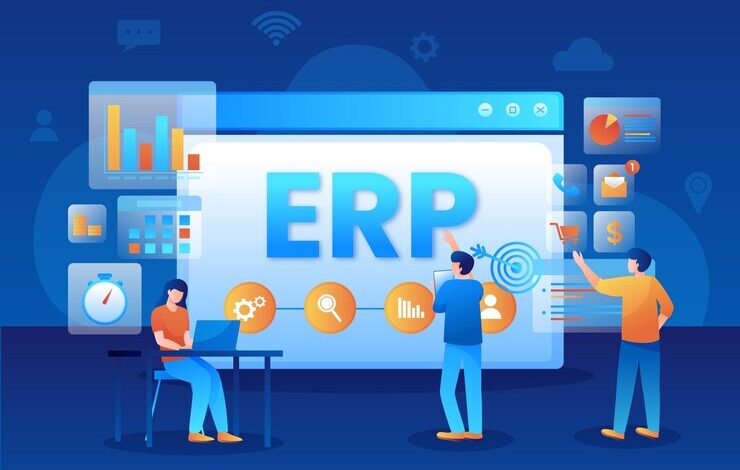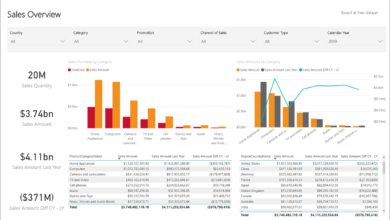
In enterprise resource planning (ERP), project managers play a pivotal role in steering organisations from the brink of operational chaos to a realm of streamlined control. ERP systems are complex and integrating them into an existing business structure requires a blend of strategic planning, technological acumen, and team leadership. So, this article delves into the ways an erp project manager transforms business landscapes, ensuring that the adoption of these solutions translates into enhanced efficiency and business growth.
The Strategic Role
ERP project managers are often the linchpins in the successful deployment of these systems. Their primary role is to oversee the initiative from conception to completion, ensuring every phase aligns with the organisation’s goals. This involves meticulous planning, which includes setting realistic timelines, defining scope, and allocating resources effectively. Therefore, the strategic insight of these managers is crucial in identifying potential risks and devising contingency plans, thereby minimising disruptions during the implementation process. Additionally, they play a key role in stakeholder engagement, constantly updating and consulting with them to ensure that project outcomes meet business objectives and expectations. Their ability to foresee challenges and adapt strategies accordingly is fundamental in maintaining project momentum and achieving success.
Navigating Through Technological Complexities
ERP systems are inherently complex due to their integrative nature. These project managers possess a deep understanding of this technology, enabling them to navigate through the complexities with ease. They ensure that this system is customised to fit the unique needs of the organisation, thereby enhancing functionality. This involves working closely with both the technical team and the end-users to ensure the system is user-friendly and meets business requirements. Moreover, they play a crucial role in bridging the gap between technology and business, translating technical jargon into actionable insights for decision-makers. Therefore, their expertise in aligning this system with business processes is vital for maximising operational efficiency and achieving long-term business goals.
The Key to Successful Implementation
Communication is an integral component of effective ERP project management. These professionals serve as a bridge between the technical team, stakeholders, and users. By maintaining clear and constant communication, they keep all parties informed and involved throughout the process. This open line of communication is essential for gathering feedback, making necessary adjustments, and ensuring that the project remains on track. Therefore, their ability to effectively articulate complex concepts and progress updates plays a pivotal role in maintaining transparency, managing expectations, and fostering a collaborative environment.
Leading Teams Through Transition
Introducing an ERP system often entails significant changes in business processes and workflows. The project managers are adept at managing these changes, guiding teams through the transition period. They conduct training sessions and workshops to ensure that the staff is well-equipped to handle the new system. So, by fostering an environment of learning and adaptation, they play a crucial role in the smooth integration of this system into daily operations.
Quality Assurance and Continuous Improvement
Ensuring the quality of these systems is another critical responsibility. This involves rigorous testing at various stages of the implementation. These project managers work to identify any glitches or issues, ensuring they are resolved before the system goes live. Post-implementation, they continue to monitor the system’s performance, making improvements as needed. Therefore, this commitment to quality and continuous improvement ensures that the ERP system remains effective and efficient in the long term.
Conclusion
In conclusion, the role of an erp project manager is multifaceted and essential for the successful implementation of these systems. Through strategic planning, effective communication, and change management, these professionals lead organisations from the initial stages of chaos to a streamlined, controlled environment. Their expertise not only ensures the seamless integration of complex ERP systems but also paves the way for enhanced operational efficiency and sustained business growth. So, as businesses continue to evolve in an ever-changing virtual landscape, the skills and insights of these project managers will remain invaluable assets in navigating these transformations.



